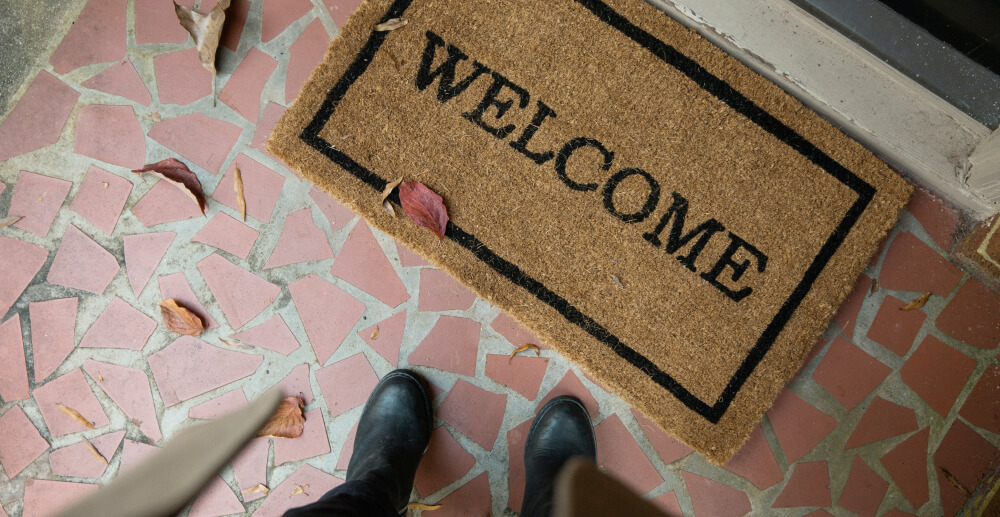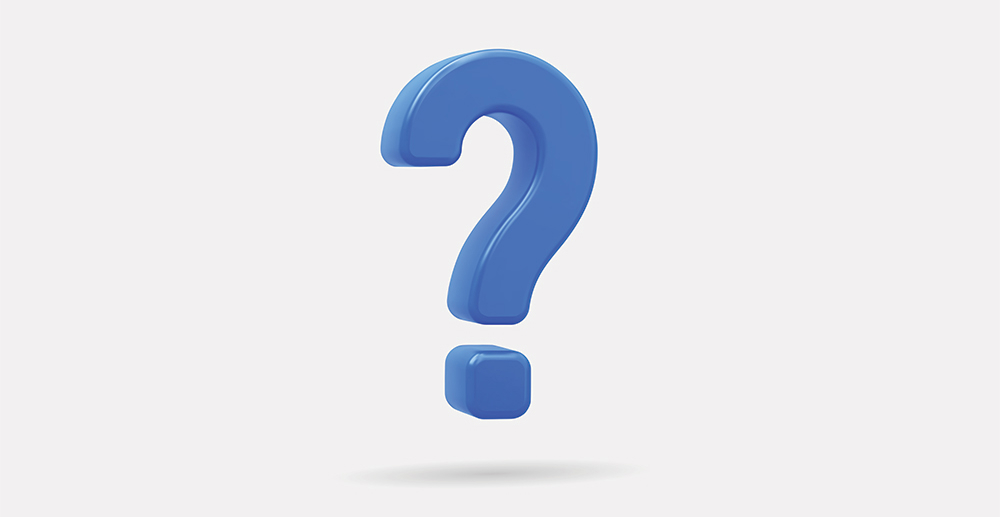Stefanie Wilder-Taylor shares the things that helped her maintain her sobriety.
I often get emails from people asking, “How exactly do you quit drinking?” From my perspective, it’s really easy to quit drinking. I’ve quit drinking dozens of times. I’ve woken up in the morning after a night of accidentally swilling too many apple martinis, feeling like my brain was in a vise, too nauseous to breathe and I’ve promised myself this would be the last time. I will never drink again. Quitting drinking is easy. It’s the staying quit that’s the struggle.
Sometimes I would only last a day, sometimes a week, once I stopped for 6 weeks … but inevitably I’d cave in to the cravings. The problem was that even though I genuinely wanted to stop, I didn’t actually do anything differently. This isn’t surprising if you know me. I’ve never been big on change: I don’t make New Year’s resolutions; I’m not someone who takes up new hobbies or gives up gluten when it’s trendy. I prefer changes I can make from my living room couch. This attitude didn’t exactly put me on the fast track to living my best life. It mainly left me anxious and depressed and unmotivated to do anything about it except maybe refill the Xanax prescription.
Given this knowledge of myself, the last time I woke up hungover with shame and good intentions, I knew if I didn’t take real action, eventually I’d end up back in the exact same place. And I couldn’t afford that.
So here is exactly what I did:
I told someone.
I called a friend of mine who’d gotten sober two years prior and I said, “I want to quit drinking and I think I need help.” My friend didn’t judge me or say, “I told you so,” she just listened.
I sought support.
I found help in 12-step meetings, but if you don’t drink that flavor tea there are many alternatives: Workit Health (that’s the site you’re already on), Women For Recovery, SMART Recovery, and tons of others. Google it.
I made myself accountable.
By blogging about sobriety, even in those early days, I felt accountable to other people. This made it a lot harder to throw my hands up and say, “screw it,” and give in when the going got hard. If you want to be accountable, you don’t have to send out a “Just Quit Drinking” announcement to everyone in your contacts. But you could join a sober Facebook group and check in every day or embark on an alcohol cleanse—and while you’re at it, why not rope in some other alcoholics … I mean friends?
I immersed myself in recovery.
I went to lunch with people I met in meetings, I called sober folks nightly to bitch about sobriety, I read biographies about alcoholics, I made CDs of songs that seemed like they might be about addiction and I listened to AA speaker CDs. Nowadays there are podcasts you can listen to.
I rewarded myself.
I watched bad TV and made sure I had some sort of treat at the end of every day. My theory on eating treats was, “So what? It’s healthier for you than drinking! And you can’t get pulled over for driving while eating cake.” Just remember, do whatever it takes to keep on your recovery path.
I attempted to help others.
This is an important part of my sobriety. When I was new to all of this, there were women there to greet me with a smile and tell me I was going to be okay. Now I get to be one of those people reaching out my hand. And as they say, “Helping you helps me.”
The bad news is addiction can’t be dismantled by willpower, a self-help book, the power of positive thinking, or taking a bath in rose petals. (In fact, cleaning petals out of your tub is liable to drive you straight back to the bottle.) But the good news is that in these modern times, there are as many ways to get sober, as there are addictions. And there is a ton of help out there for you if you just ask.









